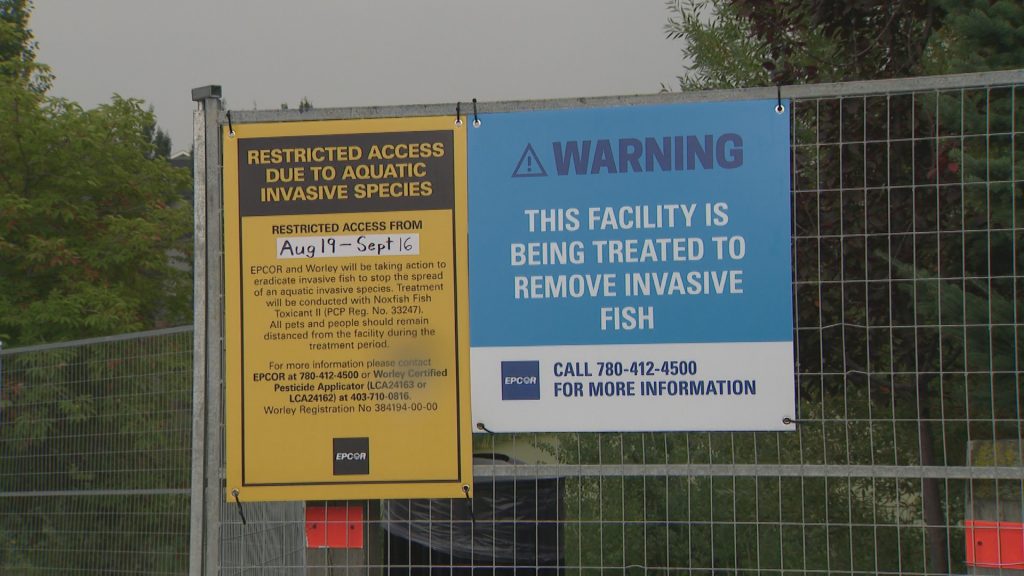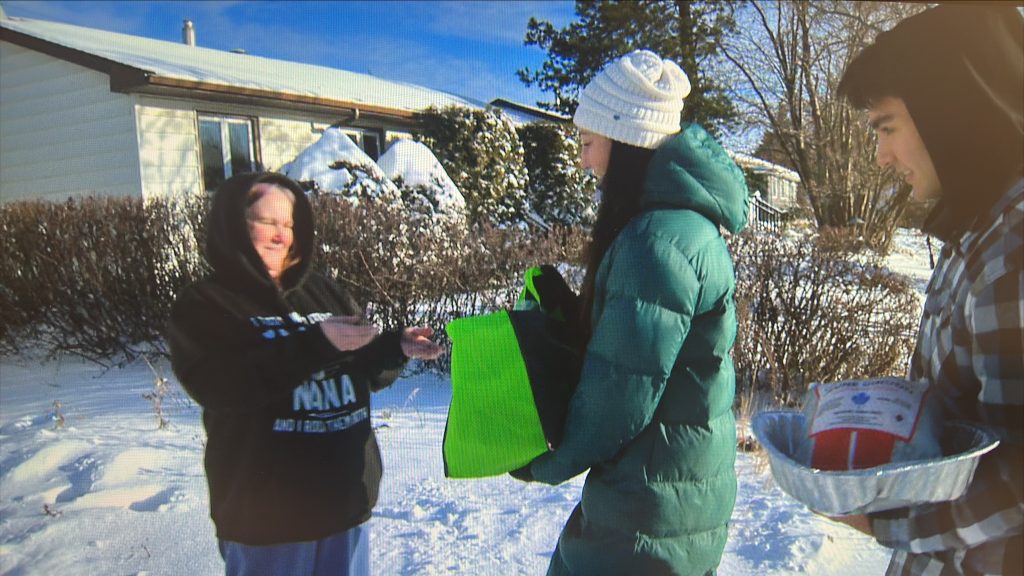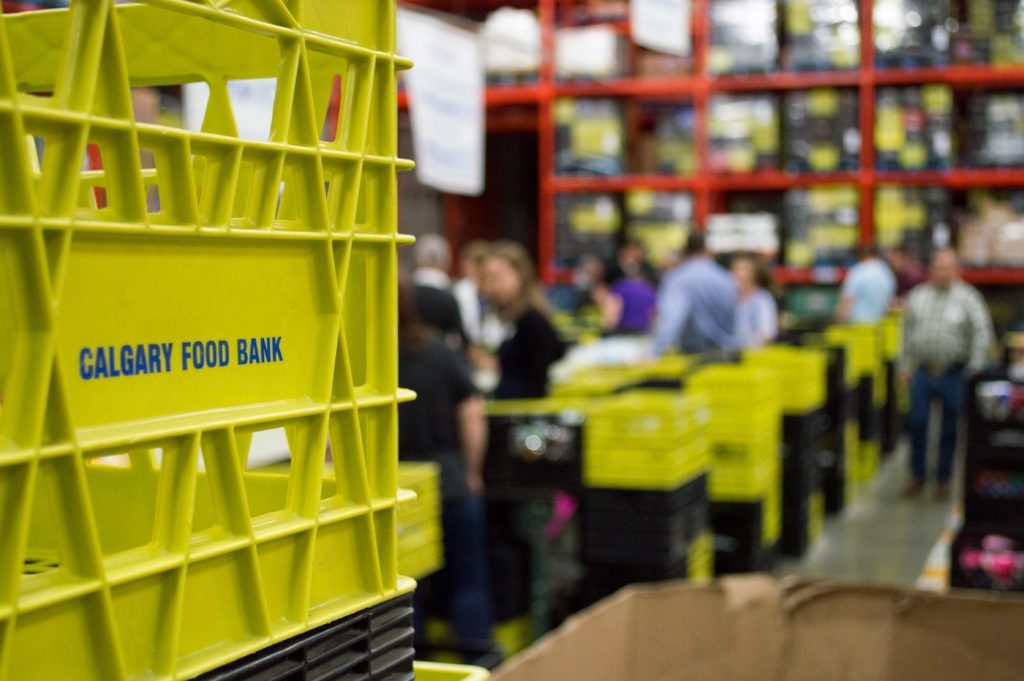West Edmonton residents call for greater transparency over goldfish cull

Posted August 20, 2024 5:27 pm.
Last Updated August 20, 2024 7:02 pm.
Residents in west Edmonton are pushing back against plans to eradicate invasive goldfish in their community stormwater ponds.
EPCOR, Edmonton’s utility company, is required by Alberta Environment and Protected Areas (AEPA), through legislation, to eradicate the invasive fish from stormwater management facilities before they spread to the North Saskatchewan River. Invasive goldfish, typically spawning from pets released into local ponds, have the ability to overwhelm native species and destroy other ecosystems.
“I read it, and the nice picture of goldfish attracted our attention,” said Dr. John O’Connor, a Glastonbury resident, holding up a notice from EPCOR sent at the end of May warning residents near Guinevere Lake of upcoming plans to use chemicals to get rid of the goldfish in the lake.
“A paragraph that talked about rotenone, that said it is not harmful to humans, which I thought maybe a stretch,“ said Dr. O’Connor.
EPCOR described rotenone as an organic chemical compound derived from plants that’s not harmful to humans, pets, other wildlife, or vegetation, as it only affects animals with gills.
Rotenone, an insecticide, is Health Canada-approved for use on fish. Since 2009, the sale of the product has been banned in the United Kingdom.
“The makers of rotenone say it is toxic to humans, it is linked with Parkinson’s and can cause convulsions and headaches,” explained Dr. O’Connors.
Dr. O’Connor is part of a group, that has mobilized in recent weeks to highlight concerns about EPCOR’s plans, and how they communicated with the community, to use Noxofish, or Rotanone, to kill goldfish that have been in the pond for 20 years.
RELATED: Invasive goldfish in Terwillegar Towne pond to be ‘eradicated,’ officials say
In an interview with CityNews, Dale Debock from EPCOR admits the chemical is not without risk.
“If used inappropriately, yes, it could be of harmful to humans.” Said the senior manager at EPCOR, “But, there are appropriate ways to handle this that reduces or completely eliminates the ability for that chemical to be of harm to humans.”
EPCOR has already fenced off a stormwater pond at Terwillegar Towne for spraying as early as this week. Similar to other ponds treated in recent years, they will keep the fencing up until the chemical risk is gone. By law, needing to cull the goldfish, to prevent them from reaching the North Saskatchewan River.
“North Saskatchewan is a pretty fragile ecosystem that is our main concern,” said Debock.
Female goldfish can release thousands of eggs at a time, three times a summer. The goldfish compete with native species for food and space, and they carry parasites and diseases that can spread to other fish, experts say.
Aside from chemicals, the only other way approved to get rid of goldfish in Alberta would be to drain the pond and keep it dry for an entire winter.
Neighbours around Guinevere Lake in west Edmonton were successful in a short pause on spraying, to understand the impact on birds who nest in the area.
A petition for better notification about Rotenone’s use, amassing 1,400 signatures by Tuesday.
Gary Boehm doesn’t understand the urgency, with documentation showing goldfish in the pond as far back as 2004.
“We don’t deny that they are here? Everyone in our group worries about the North Saskatchewan River,” said Gary Boehm, a Glastonbury resident.
“The need for action now, really isn’t high. If they haven’t gotten there by now, what’s another few months where the water levels are not high and the pumping system is not one.”
If you are caught releasing an invasive species like a goldfish into the wild in Alberta, the fine is $100,000.
But those in Glastonbury say that deterrent isn’t working. Wanting to continue the conversation about banning the sale of goldfish fish.
“If you don’t take away the supply, then this problem is just going to arise over and over again,” said Boehm.








